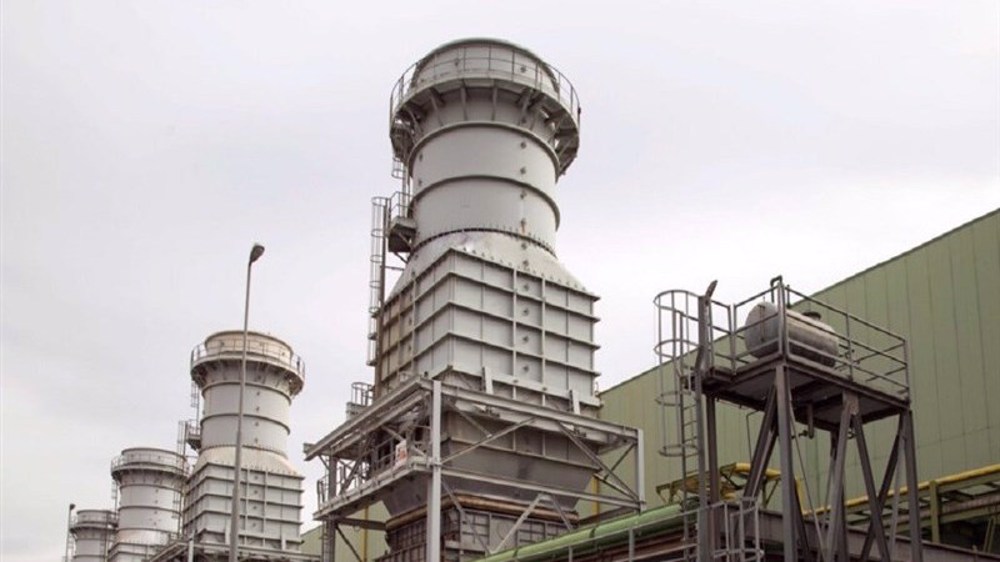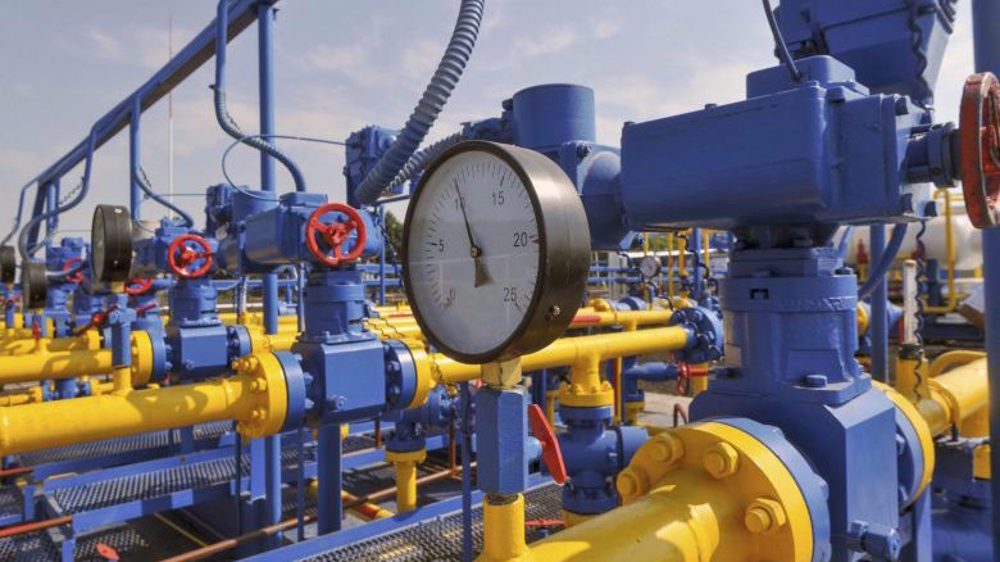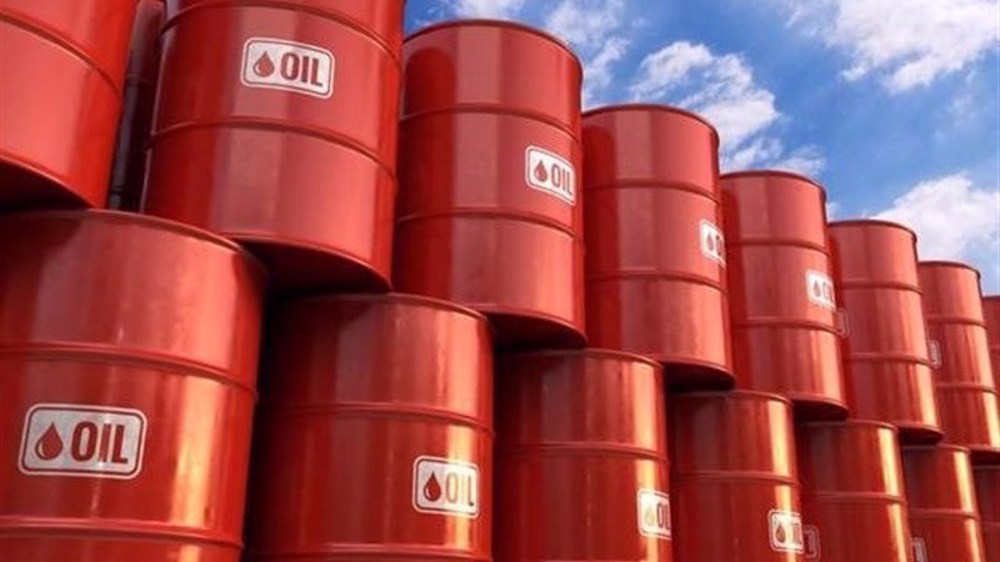Iran’s largest refinery project lures Asians
Iran’s biggest refining project, the $2.8 billion Siraf oil processing plant, is attracting interest from leading Asian economies and the Europeans who are intrigued by an imminent removal of sanctions, its top manager says.
The project includes building a cluster of eight refineries over the next three years to turn oil condensate extracted with gas from Iran’s giant South Pars fields into higher-value products.
"We are seeing strong interest from China, South Korea and Japan, Taiwan for participation -- either to take equity in the project or buy the products from us," CEO of Siraf Refineries Infrastructure Company Alireza Sadeqabadi said.
Iran expects to ship more than 50% of the products to Asia. Once operational, the refineries will turn 480,000 barrels per day (bpd) of condensate to 270,000 bpd of naphtha, 140,000 bpd of gasoil, 30,000 bpd of LPG and 40,000 bpd of kerosene.
Demand in Asia
There is already a strong demand in Asia for naphtha which is used to produce products such as ethylene and propylene, the building blocks of plastics.
According to Sadeqabadi in an interview with financial news and data provider Platts, strong economic growth in countries such as India is expected to generate fresh interest in the product.

"Plastics consumption is directly related to economic growth and we are expecting strong demand for naphtha from those countries which are expected to witness strong economic growth in Asia," he said.
"There is a big spot market for these products and we are hoping margins will be better in the spot market," he added.
However, naphtha shipments will cease once the Siraf petrochemical project currently undergoing feasibility studies comes online, Sadeqabadi added.
Siraf is Iran’s first refinery project totally owned and funded by the private sector.
Apart from China, Japan, South Korea and Taiwan, "we are also in talks with other Asian countries that have naphtha-based petrochemical units", he said without naming them.
"Asia is the center of gravity for oil and all the incremental demand will come from Asia. We are expecting to ship more than 50% of our products to Asia."
European interest
The Europeans are also interested -- not as offtakers but financiers of the project.
"While some European investors are interested only in financing the projects, they are not keen on any offtake agreements. Asian investors are interested in both investing and also buying from those refineries," Sadeqabadi said.
In June, he was quoted as saying that eight western European companies were keen to invest in the Siraf refinery project.
“We will choose from among eight western European companies that want to be involved," he told Reuters, declining to name the companies.
Iran owns the world’s largest gas reserves. Condensate exports doubled to about 200,000 bpd in 2014, accounting for total Iranian oil shipments of about 1.3 million bpd.
Sadeqabadi said the sales of condensates, used to produce gasoline and petrochemicals, will stop once Siraf comes on stream in line with the country’s target to boost value-added products.
Fresh Israeli strike targets positions in Syria, no casualties reported
Israeli settlers torch Palestinian cars, homes in West Bank town
Iranian diaspora in EU, UK deplore ban on national airline
VIDEO | Press TV's News Headlines
Israel’s military struggling with shortage of troops: Report
Iran calls for more efforts to establish peace in Gaza, Lebanon
Israel targets journalists in southern Lebanon to mask atrocities
Trump vs Harris: A choice between two deranged war hawks who cheer genocide in Gaza










 This makes it easy to access the Press TV website
This makes it easy to access the Press TV website